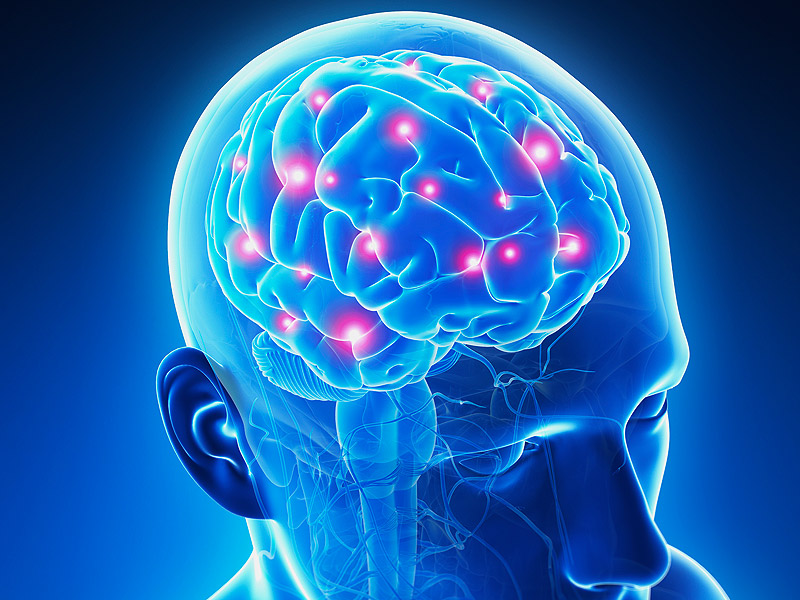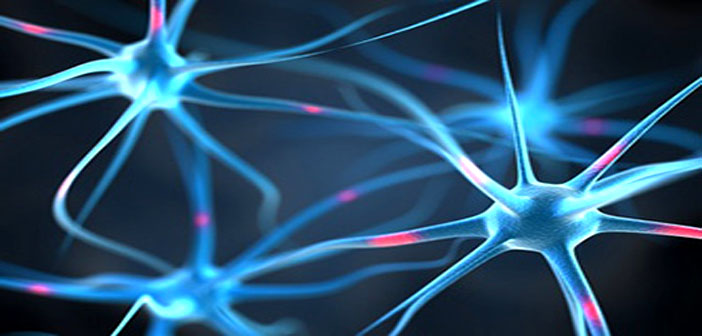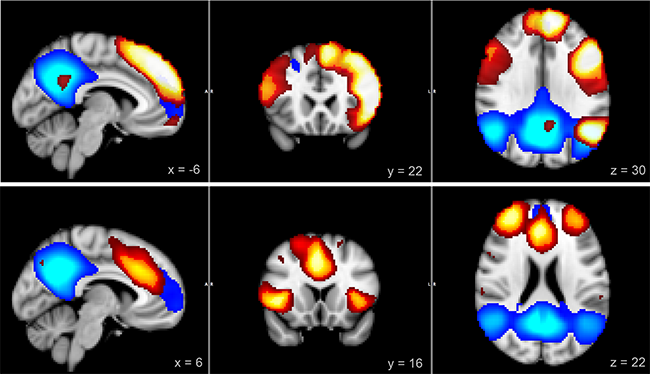
According to the magazine “the New Scientist” superior learning takes place when classroom experiences are enjoyable
Recent research supports the beneficial link between fun in the classroom and the development of authentic learning and long-term memory. Educational psychologists are in agreement that students learn and retain more information when the learning is associated with strong positive emotion.
Cognitive psychology studies provide clinical evidence that stress, boredom, confusion, low motivation, and anxiety can individually, and more profoundly in combination, interfere with learning.

When stress in the classroom is gets high, it is often because a lesson is overly abstract or seems irrelevant to students. Teachers can reduce this type of stress by making the lesson more enjoyable, personally interesting and motivating.
If students are engaged and motivated and feel minimal stress, information flows freely through the affective filter in the amygdala and they achieve higher levels of cognition, make connections, and experience fun learning. Such learning comes not from quiet classrooms and directed lectures, but from classrooms with an atmosphere of enjoyment and discovery.
The Scientific Evidence that supports Fun Learning
Neuroimaging and neurochemical research support an education model in which stress and anxiety are not pervasive. This research suggests that superior learning takes place when classroom experiences are enjoyable and relevant to students’ lives, interests, and experiences.

Neuroimaging and measurement of brain chemicals (neurotransmitters) show us what happens in the brain during stressful emotional states. By reading glucose or oxygen use and blood flow, positron emission tomography (PET) and functional magnetic resonance imaging (fMRI) indicate activity in identifiable regions of the brain.
These scans demonstrate that under stressful conditions information is blocked from entering the brain’s areas of higher cognitive memory consolidation and storage. In other words, when stress activates the brain’s affective filters, information flow to the higher cognitive networks is limited and the learning process grinds to a halt.

Neuroimaging and electroencephalography (EEG) brain mapping of subjects in the process of learning new information reveal that the most active areas of the brain when new sensory information is received are the somatosensory cortex areas.
Input from each individual sense (hearing, touch, taste, vision, smell) is delivered to these areas and then matched with previously stored related memories. For example, the brain appears to link new words about cars with previously stored data in the category of transportation. Simultaneously, the limbic system, comprising parts of the temporal lobe, hippocampus, amygdala, and prefrontal cortex (front part of the frontal lobe), adds emotional significance to the information. Such relational memories appear to enhance storage of the new data.

Mapping studies of the electrical activity (EEG or brain waves) and neuroimaging show the synchronization of brain activity as information passes from the somatosensory cortex areas to the limbic system. For example, bursts of brain activity from the somatosensory cortex are followed milliseconds later by bursts of electrical activity in thehippocampus, amygdala, and then the other parts of the limbic system. This enables us to evaluate which strategies either stimulate or impede communication among the various parts of the brain.

What do the professionals working in the field say about this?
Colin Harris, who has been described by “Ofsted” as an outstanding head teacher and has worked at a school in a Portsmouth for more than two decades says that:
«Enjoyment should be at the core of all we do»
We all know that if we replace spontaneity with conformity than that is exactly what we will get from the pupils. They will distance themselves from their learning and instead become robotic participants in the process. We need to place enjoyment at the very core of all we do
«We have created an education system that more resembles a monster than a positive experience.»
Driven by systems and structures and the need for accountability, it has lost its core purpose of ensuring that learning is both fun and life-long. It has turned children off education. This is unacceptable.
He goes onto say “Teachers need to consider the role they can play in regenerating the profession. Let’s rediscover that spark that led us all to the classroom in the first place and recognise the following:
- Brilliant teaching is when the teacher and pupils learn together and view each other positively;
- Showing that you have a passion for the job will be reflected in those you teach;
- Laughter in the classroom is contagious and might even venture as far as the head’s office;
- Teachers enjoying teaching is essential to the processes of learning”
What do we at ADVANCE – Escuela de Idiomas say?
When you ask children or adults to relate their best school experiences, they will always be linked to fun and those teachers who enjoyed what they were doing. Everyone has a favourite teacher.
As a teacher myself I have enjoyed every single day of my 25 years in schools and I can´t think of having a better job than one which helps make learning a fun and positive experience to our youngsters while at the same time enjoying every part of it.
Written by Andrew Morton – Director of ADVANCE – Escuela de Idiomas, MARBELLA

1 responses on "Scientific Evidence Confirms Learning Must Be Fun"